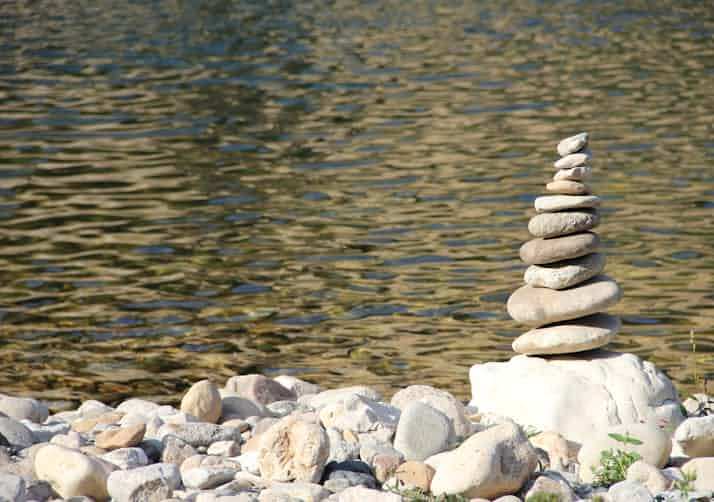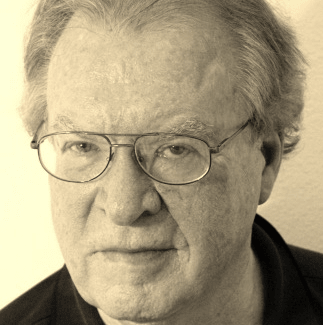Of course I am in favor of tourism, even the vigorous promotion of local sights and features that will draw people from distant places to enrich their lives, and their children’s, by a visit (preferably overnight) to our town or region. In many ways, I am a tourist myself, having returned to the land of my father’s youth only a few months ago, and see new sights (mostly barns and creek beds) almost every day.
But my strongest credential on this subject is that I have grown up, attended (even law) school, worked, traveled and recreated in that great tourist destination known as the State of Florida. As JFK might have said: ICH BIN EIN FLORIDIANER. I even worked for a time in the department that was responsible for tourist promotion, and another stint in a county environmental agency whose job was to make sure the federal government keeps shoveling nice clean sand onto those beaches where it erodes so badly from winter storms and the maintenance dredging of passes and inlets. If beaches will bring them, then beaches we shall have.
Florida leaders and business folks have also figured out the economics of tourism so that it has become a definite we win/ we win, fiscally speaking. State government is funded largely by the proceeds of a sales tax (don’t even mention that dreaded “I” as in “income” word) which includes a significant contribution from—guess who—out-of-state visitors. (Whether the big lottery has done what it promised for public education is material for another column) And since most of Florida is too far away for a day trip from anywhere, virtually every tourist visit has to be a sleepover. And you know what that means—restaurants, motels and taverns galore. And sales tax and bed tax and fuel tax and so forth. You do the math.
The world as we know it is heavily indebted to that primordial curiosity—call it Wanderlust—which characterizes the bright and/or affluent of all lands. That impulse to go see, and to bring back. Marco Polo, Christopher Columbus, and Ponce de Leon; Lewis and Clark. Which is why everyone is trying to devise a plan to bring them here, to Arkansas. But will they come, and is there a downside? Let’s look before we leap.
First of all, don’t think for a second that a busload of leaf watchers is interested in the Louisiana Purchase. Or that those spelunking types (look it up) are the answer to Arkansas’ school consolidation woes. In this respect, tourism shares some symptoms of crack cocaine (or meth-something, apparently the Ozark drug of choice): everything is beautiful—no point really doing anything—just keep ‘em coming.
Second, don’t try to take some perfectly good feature of this natural state and make it (at considerable expense) into something else, just because you think somebody will come see it. How deep would a hole have to be to attract a busload over from Tulsa? Put the best spin you can on what you’ve already got.
Third, be prepared for some impact and some expense that you can’t put on the tourist tab. Five people can use a septic tank at a mom and pop restaurant and not create a health hazard, but four busloads will foul the well or kill the fish downstream. Time to build a treatment plant. And if you want them to stay overnight, who will change their sheets, and will they need showers?
Yes, tourism can contribute to the economy and welfare of the state. It will work best, however, if you just spruce up what you have, offer safe and memorable visits, and do not tell lies or rob people blind when they get here. Now what I would do first is make up some slick brochures suggesting that Mickey is a really descendant of the original Ozark Golden mouse, from up near Magic Hollow; and if that won’t do it, nothing will.




